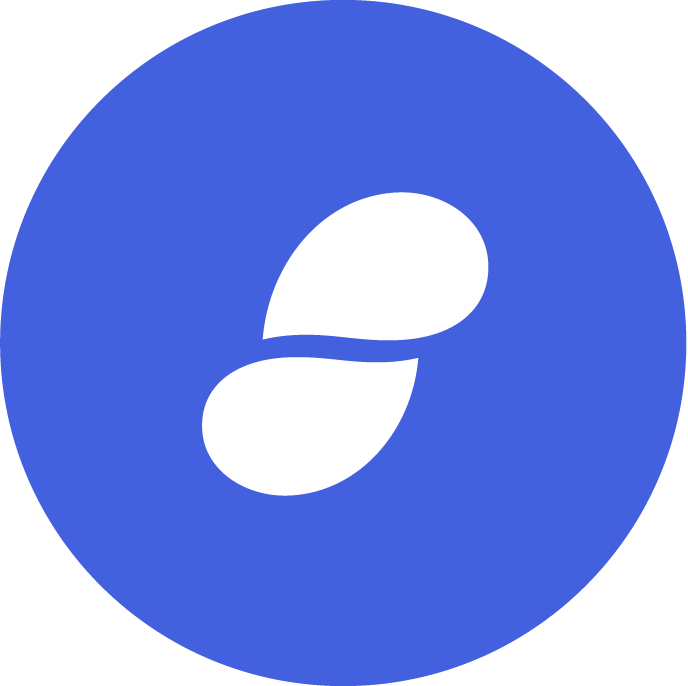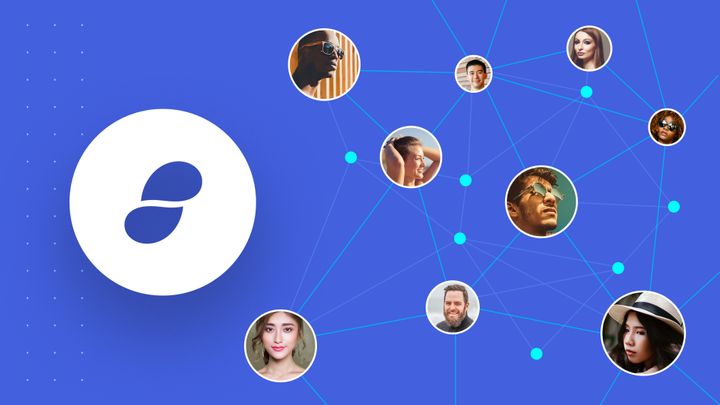We talked in the last blog post about taking a new approach to People Ops, why the need to change?
Sadly, HR by and large hasn’t much evolved over the decades, and adapting the same tools across contexts will only get you so far. Many foundational HR concepts assume that the workplace is centralised, and are not always compatible with our values.
One example is performance management (an HR staple!) We noodled on this idea at length, asking ourselves questions to challenge our ingrained beliefs. What is performance management trying to achieve? Who does it fundamentally benefit? What does the decentralized version of this look like? A key assumption at the heart of performance management is that a company will benefit from putting in place structure and support to aid employees in contributing effectively towards company objectives.
However, if we take a view that our contributors are already highly driven and self-motivated, we need to be very careful about mandating learning and development moments that risk killing off intrinsic motivation that already exists.
Another consideration is that many performance management systems assume that every employee has a supervisor that has a legitimate right to make an evaluative judgment on the individual’s work. This simply doesn’t tally with decentralized values.
Finding performance management tools and software that are sympathetic to a decentralized way of working is hard, and we’re yet to be blown away by any off-the-shelf solution (if anyone reading this has nailed this problem, we’d love to hear from you!) We’ll also let you know how our efforts to adapt HR to the decentralized reality goes :) Currently, we’re bouncing ideas about using peer circles to provide reflective learning moments for contributors, without any top-down direction or mandate.
How do you handle onboarding a new contributor who may not be used to working in this type of environment? What is the process like at Status?
Joining Status for many people can be a total leap into the unknown. It requires a contributor to be comfortable with multiple Big Concepts (remote work, a flat hierarchy, the blockchain community, decentralized organizations).
Even one of these Big Concepts being new to the team member could make for a disorientating start, but put together they can be overwhelming. So it’s important to recognize that people come from diverse backgrounds, and we need to meet them where they’re at, giving support to the transition as smoothly as possible. The need to hire people who are already in as close as possible alignment with our values becomes all the more important.
Joining Status is less onboarding and more immersion. Some of the things we offer, or are working on, include:
- An open source Handbook (a constant work in progress) to collate in one place essential information about working at Status.
- A buddy program, pairing an experienced Status contributor with a newbie. The buddy becomes the newbie’s guide as the newbie immerses themself in the Status universe, having weekly calls to ponder and debate our philosophy, values, and way of working.
- A blockchain 101 quarterly workshop giving a back to basics training for those newer to the scene.
- Recommended reading lists. We are truly standing on the shoulders of giants when it comes to this project that is Status. Signposting newbies to the works of our most influential thinkers can help quickly orientate them to our context.
- Availability of information - keeping our Town Halls, discussions, and brainstorm sessions easily accessible so that new contributors can follow our thinking and evolution.
It’s easy when lost and confused in a remote setting to withdraw, or not speak up about problems. We look out for team members, check in, and help pair them up with the support they need to navigate this new world.








